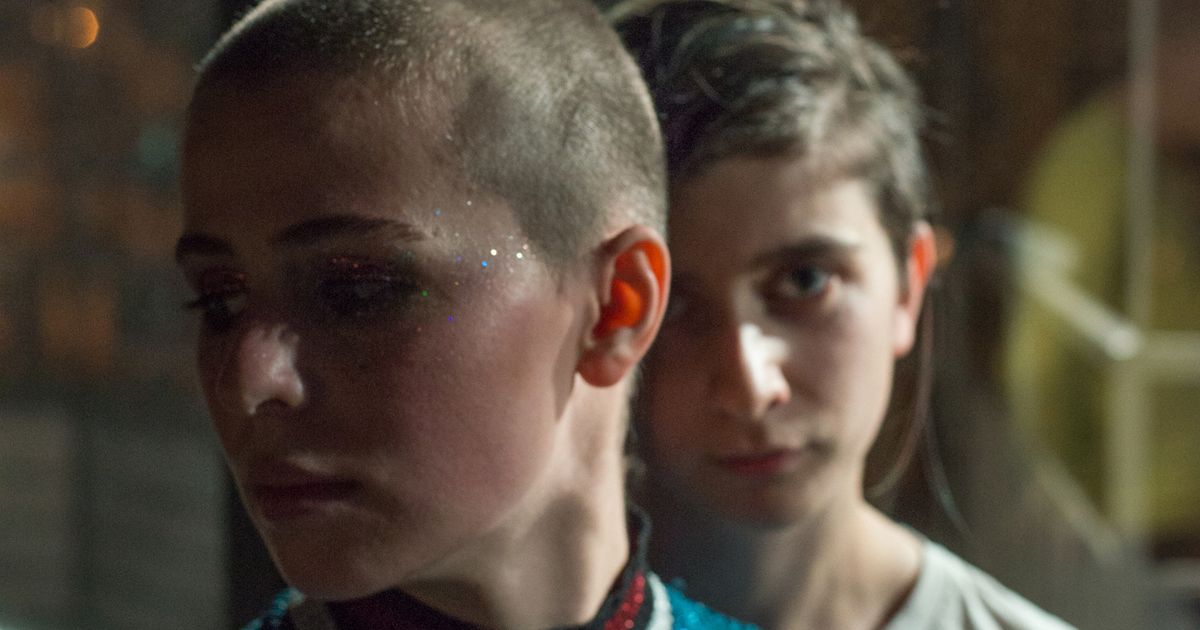The 14th edition of the Taipei Biennial, Whispers on the Horizon is set to open on November 1 at the Taipei Fine Arts Museum (TFAM). Curated by Sam Bardaouil and Till Fellrath, directors of Hamburger Bahnhof—National Gallery of Contemporary Art in Berlin, the exhibition brings together 52 artists from 35 cities worldwide, featuring 33 newly commissioned works and site-specific installations.
The exhibition explores the notion of yearning—not as nostalgia, but as a vital tension between the real and the desired. Rooted in Taiwan’s layered histories yet resonating across borders and cultures, this longing manifests as both a profoundly human impulse and a lens through which to interpret our present. Yet today, yearning takes on a new urgency: it becomes a collective pursuit for justice, recognition, and belonging in the face of erasure.
This sense of urgency echoes through three artifacts that inspired the biennial: the puppet from Hou Hsiao-Hsien’s film The Puppetmaster (1993), the diary from Chen Yingzhen’s short story My Little Brother Kangxiong (1960), and the bicycle from Wu Ming-Yi’s novel The Stolen Bicycle (2015). Each object embodies both loss and desire, reminding us that yearning is lived—not abstract.
Whispers on the Horizon gathers works that embody yearning in strikingly different ways, from film and performance to sculpture and immersive environments. These works create a shared terrain of memory, fragility, and invention—each a whisper on the horizon, urging us to listen differently and to stand amid the unfinished. Through new commissions and encounters, the Taipei Biennial invites visitors into this in-between space—a realm of discovery and possibility.
Highlights of the 14th Taipei Biennial include the following newly commissioned works:
Korakrit Arunanondchai’s (b. 1986, lives and works in Bangkok and New York) Love after Death merges recollections and myth into a ghostly ritual: on a transparent projection, spirits and monkeys said to channel the dead flicker into view, asking how grief can turn ash into gold.
Omar Mismar’s (b. 1986, lives and works in Beirut) Still My Eyes Water presents a monumental bouquet of artificial flowers inspired by Flowers of Palestine (1870). Perfect yet scentless, they reflect on Palestine as both a land of life and a fading memory.
Zih-Yan Ciou (b. 1985, lives and works in Miaoli and Yunlin) reconstructs a colonial decoy airfield in Fake Airfield, with a handmade Zero fighter and fictional film, exposing history as invention and exploring Taiwanese identity and his own Hakka heritage.
The exhibition also features the following immersive and participatory site-specific installations:
Álvaro Urbano’s (b. 1983, lives and works in Berlin and Paris) TABLEAU VIVANT (A Stolen Sun) is a silent theater where objects glow like apparitions under shifting light, intertwined with works from the TFAM collection, blurring museum and stage, history and role-play.
Fatma Abdulhadi (b. 1988, lives and works in Riyadh) builds a fragrant garden of basil and printed panels in What Remains… Stay as Long as You Can, preserving fading rituals of care and reminiscence where scent and silence become vessels of belonging.
Gaëlle Choisne’s (b. 1985, lives and works in Fougères and Paris) Fortune Cookies is an installation of thousands of handmade clay fortune cookies, each containing a seed or secret, evoking hidden labor and misattributed cultural histories.
Sam Bardaouil and Till Fellrath said, “what strikes us today is how yearning is no longer only an individual expression but something profoundly collective. Everywhere we look, there is a longing for clarity in the face of disinformation, for belonging in fractured communities, for connection in a time of divisiveness, and accountability for ongoing transgressions. The works in the Biennial don’t resolve these tensionions— rather, they seek to make them tangible. That is the promise of this Biennial: to experience yearning not as something abstract or historical, but as something alive, urgent, and shared in the present.”
On the opening weekend, November 1 and 2, 2025, in addition to Jacopo Benassi’s live performance, the Biennial will host a two-day forum of 6 panels, delving deeper into themes of yearning, belonging, dissonance, history, seeing, and collaboration. The event will feature conversations and contributions from nearly 30 acclaimed artists and thinkers, including Taiwanese writer and scholar Wu Ming-Yi, multimedia and installation artist Mona Hatoum, multidisciplinary artist and sculptor Ivana Bašić, and filmmaker Wu Chia-Yun, among other distinguished participants. Building on the exhibition’s presentation, these sessions spark discussions and exchanges on art’s ability to probe deeply, challenge assumptions, and open new possibilities.
For more information, visit the Taipei Biennial 2025 website or follow the TFAM Facebook /Instagram page.
